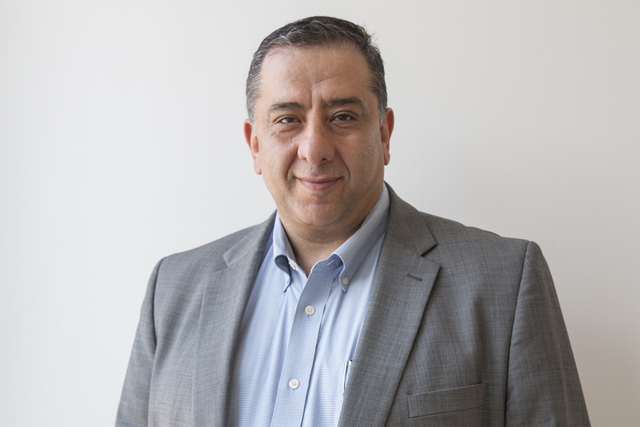
It is undeniable that our reality has been changed by the COVID-19 pandemic, which has affected every aspect of our lives, including the way children are educated. At a time when we are asked to remain physically distant, there is more need than ever to acknowledge our interconnectedness and human interdependency. While “othering” narratives are prevailing due to the fear and insecurity imposed by the virus, the role of education becomes essential in reconnecting children across communities of faith to strengthen the values of pluralism and diversity through dialogue.
Education has a profound effect on individual development and can promote or prevent prejudice. Lessons learned in the classroom stay with us as we continue to grow, and our learning does not stop once we have left the classroom. For certain religious and faith groups the separation of children is the default system, thus meeting the other becomes the most important tool in immunization against stereotypes and discrimination. Meeting the other is essential to form and shape the views of children of faith to be open to other truths. In the COVID-19 reality, and with technology as the sole mean for encounter, the possibility of disconnect has increased, relying on short messages that don’t allow for deeper understanding. Embedding intercultural and interreligious curricula in the education system is crucial to raise global citizens who can contribute to creating peaceful and cohesive societies.
The components of interreligious ethics education are similar to the ethics of teaching and educating for pluralism and multiculturalism; however, the education context of children of faith and their institutions requires us to focus on additional dimensions such as involving the faith leaders themselves and their community in general in the process of education. Having the Imam, Rabbi, or the Priest stand in front of the children and talk about the need to respect the truth of other religions is crucial. Furthermore, adopting a holistic educational approach that involves and incorporates the spiritual dimensions in the process of education is key. This means that the interreligious knowledge will provide the child with an opportunity to explore his/her spiritual self. It equips the children with competency skills to be comfortable with interreligious settings and to be able to confront the default defensive system of religious education mainly by learning universal values through their own faith as well as through other faith groups. The critical thinking in the context of interreligious education is crucial too. Learning to identify the inherent biases in each person regarding his or her faith tradition is a central skill that will allow the children to gain awareness of the danger of having their religious identity being manipulated by politicians, religious leaders, and other socialization agents like media and others. In the COVID-19 reality, meeting the other needs to be an integral part of the educational process. Providing space to meet the other and experience a positive interaction can reduce religious stereotypes and prevent future prejudice.
Obviously introducing interreligious education in our faith communities carries also numerous challenges, including fears of losing one own’s identity; creating confusion among the vulnerable children; lack of skilled school teachers who can carry out such educational process; et al. Professional capacity building spaces can contribute to overcoming these challenges. The KAICIID Dialogue Center developed programmes to train international interreligious dialogue trainers, such as World Scout leaders, teachers who train future religious leaders (the International Fellows Programme), and religious leaders in media literacy (the Social Media Programme).
If teachers do not value and accept cultural differences and display this in their behaviour, the best intercultural education curriculum will prove ineffective. Regardless of the scope and nature of the challenges, based on the empirical research and evidence from peace and conflict resolution studies, we know that seclusion, separation, and isolation provide fertile ground in faith institutions to adopt exclusivist and dogmatic doctrine of education. Interreligious education, despite its challenges, is a tool that can contribute to countering such tendencies in the COVID-19 reality.
Prof. Mohammed Abu-Nimer
Senior Advisor, KAICIID Dialogue Center
International Peace and Conflicts Resolution (IPCR), American University, Washington DC.